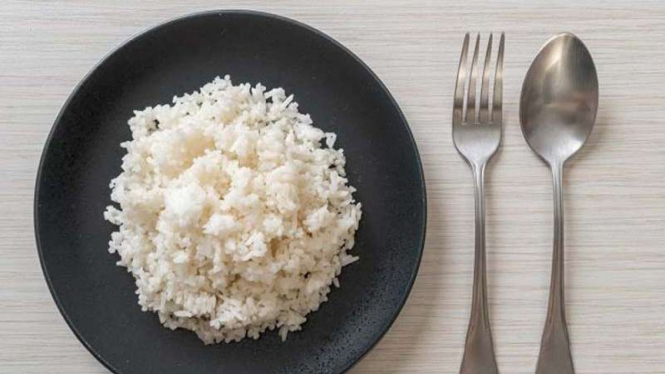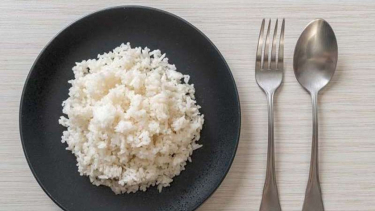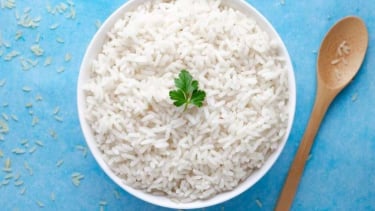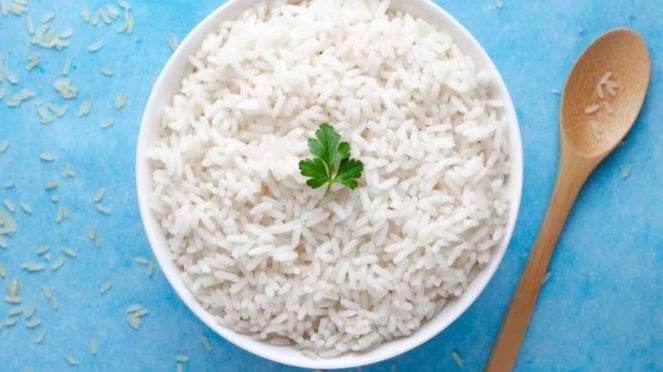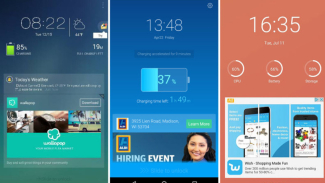The Truth about Sugar Content of White Rice
- Eat This
Jakarta – White rice is a staple food consumed by millions of people around the world, and 90% of the world's rice comes from Asia. This food contains carbohydrates, which give energy but can raise blood sugar.
However, over the past few years, claims have emerged that white rice contains a lot of sugar and can have a negative impact on health.
So, here's the myth linked to white rice:
The claim that white rice contains a lot of sugar is usually misunderstood or untrue. This is one of the nutritional myths that can cause confusion about healthy eating.
White rice is an important source of carbohydrates and can be part of a balanced diet if consumed wisely.
Nasi putih.
- Eat This
White rice is a source of complex carbohydrates and not a source of simple sugars. The myth that white rice contains a lot of sugar should be avoided as it can cloud the understanding of the importance of carbohydrates in the diet.
However, due to its high glycemic index, it is advisable to consume white rice in balanced portions and combine it with other sources of protein and fiber to keep blood sugar levels stable.
Meanwhile, according to new Harvard School of Public Health (HSPH) research said eating white rice on a regular basis may increase the risk for type 2 diabetes.
HSPH researchers from the Department of Nutrition – led by Emily Hu, research assistant, and Qi Sun, research associate – reviewed four earlier studies involving more than 352,000 people from China, Japan, the United States, and Australia who were tracked between four and 22 years.
The researchers found that people who ate the most rice – three to four servings a day – were 1.5 times more likely to have diabetes than people who ate the least amount of rice. In addition, for every additional large bowl of white rice a person ate each day, the risk rose 10 percent.
Nasi Putih
- vstory
The link was stronger for people in Asian countries, who eat an average of three to four servings of white rice per day. People in Western countries eat, on average, one to two servings a week.
The study was published in the British Medical Journal March 15, 2012, as reported from hsph.harvard site.
White rice has a high glycemic index, meaning that it can cause spikes in blood sugar. Previous research has linked high glycemic index foods with increased type 2 diabetes risk.
“People should try to make a switch from eating refined carbs like white rice and white bread to eating more whole grains,” Sun said.
Additional HSPH authors, also from the Department of Nutrition, included An Pan, research associate, and Vasanti Malik, research fellow.
